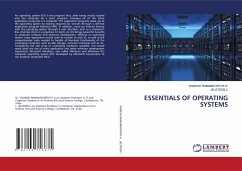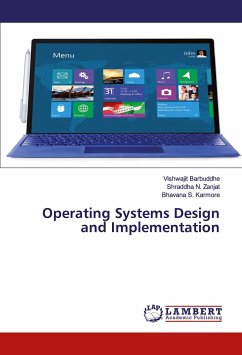An operating system (OS) serves as a crucial intermediary between computer hardware and users, facilitating efficient resource management and providing a platform for running applications. It orchestrates key functions like process management, memory allocation, file system handling, device control, security enforcement, and user interface provision. These functions ensure that hardware resources are utilized effectively, processes are scheduled fairly, data integrity is maintained, and interactions with peripherals are seamless. The evolution of operating systems has been marked by significant milestones, from early batch processing systems and time-sharing environments to the modern graphical user interfaces and mobile OSs. Each phase has seen advancements in managing complexity, improving user interaction, and enhancing system reliability. Today's OSs support diverse computing environments, from personal computers to cloud infrastructures, emphasizing security, efficiency, andscalability.
Bitte wählen Sie Ihr Anliegen aus.
Rechnungen
Retourenschein anfordern
Bestellstatus
Storno









